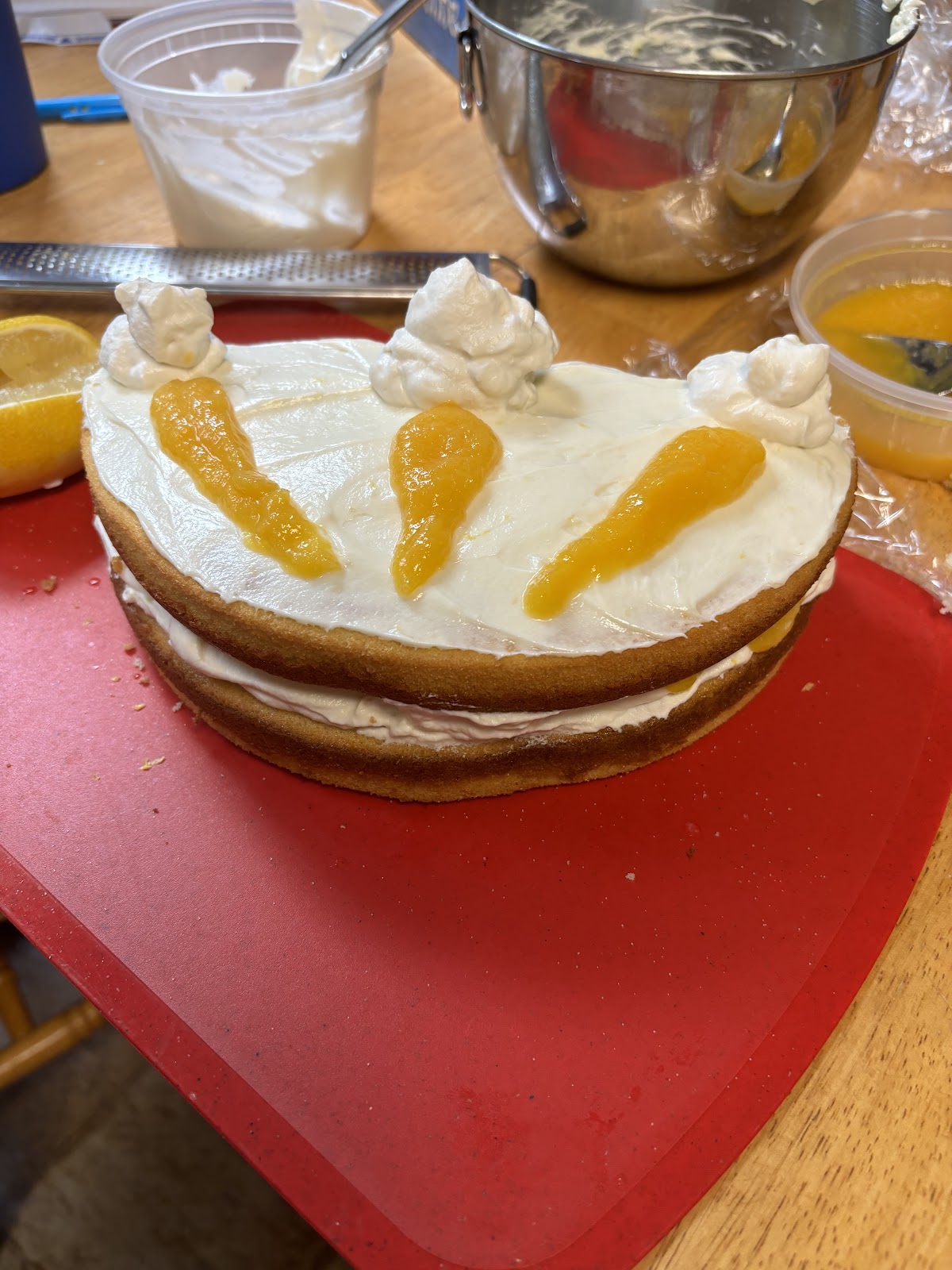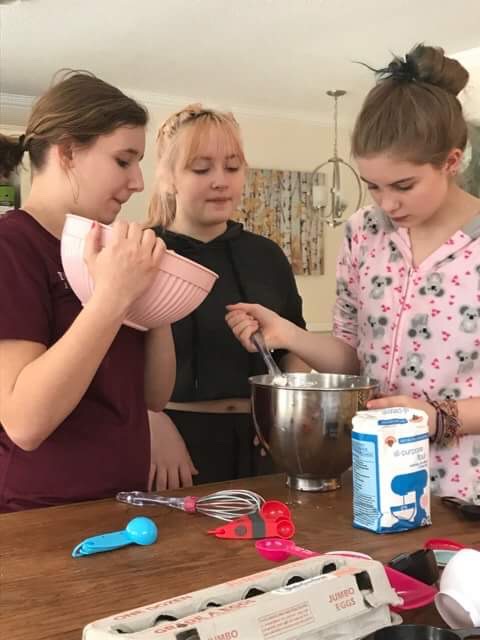Cooking as Devotion: The Religious Practice of Food Preparation (Religion in the Kitchen)
Cooking as Devotion: The Religious Practice of Food Preparation (Religion in the Kitchen)
By Calliope Mills
Although I would consider myself agnostic and without the ability to slaughter animals, the themes and experiences covered by Elizabeth Peréz covers in Religion in the Kitchen, I find compelling and on the cusp relatable. This is because this text redefines how we think about religious practice. While traditional views often emphasize formal rituals and sacred spaces, Pérez highlights the kitchen as a powerful site of devotion “The kitchen, therefore, is the great sacred laboratory where know-how, faith, respect and physical beauty meet each other for the enchantment of divinities” (Peréz 94). For practitioners of Afro-Cuban Lucumí religion, cooking is far more than a mundane chore—it is an act of spiritual dedication, community building, and cultural preservation. I think this exploration of redefinition also aligns with using “religion” outside of typical, connotative meaning.
I feel like I have heard that term of “religion” applied in various contexts in my life that are not as simple or in-line with the church, whether that be in love songs describing a partner, or as a way to really emphasize a pursuit or interest that someone attributes supreme importance (something as far from divine as consumerism). I think with this perspective, it is no question that food preparation and kitchen work can be described as a form of religious practice or feeling, due to the importance and meaning it holds for many people.
 |
| me and my dad |
 |
| Birthday cake made for my dad |
Another one of Pérez’s key insights is the concept of embodied knowledge—the idea that religious understanding is passed down through hands-on experiences. “Their labor converted the kitchen into a classroom for minute instruction in the exceedingly complicated taxonomic enterprise of what might be termed Lucumí butchery, and a site for the elaboration of a dynamic and largely unanalyzed religious pedagogy”. In Lucumí traditions, learning how to cook sacred foods involves observing, imitating, and practicing alongside experienced community members. Recipes are often transmitted orally, reinforcing communal bonds and fostering a sense of belonging. Through the act of cooking, practitioners internalize spiritual lessons that cannot be fully conveyed through words alone.
 |
| me and my mom |
This sentiment is also shared in my non-traditional religious take as well. Often, learning from someone close to you by their hands-on instruction is the best way to grow a skill set, and develop techniques. When I really started cooking, it began as just cohabiting in the kitchen with my mom as she prepared dinner. We would talk about the meal at hand and unrelated topics, just sharing spaces and energy, growing comfortable side-by-side, and bonding over what was going to be created. I started with small tasks–like vegetable prep–following her demonstrations and instructions for the way to hold the knife or what shape and size the mirepoix should take on. This transitioned into us both working at the stove, mixing, tasting, and altering as we saw fit, and trusting each other's judgment and pallet, to make a delectable finished product.
 |
| Making macarons with my friends in highschool |


You got it! And I totally agree with your saying "I would say that I find the experience of cooking and making food for others probably the closest thing to a religious experience or practice that I partake in."
ReplyDeleteAnd I love your family pictures! Very evocative.
ReplyDelete